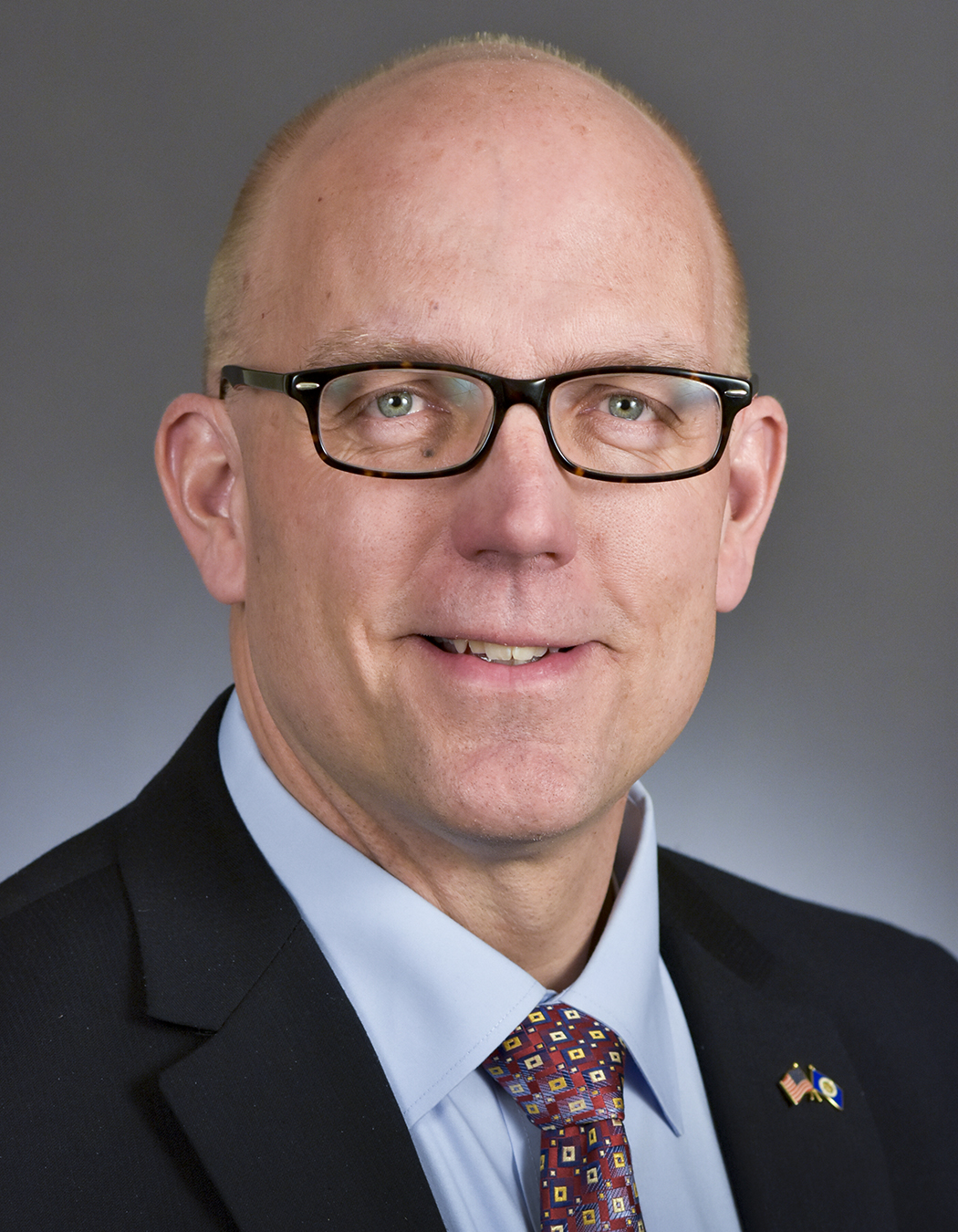A bill introduced last week at the Capitol seeks to address the Minnesota State High School League’s (MSHSL) December policy change which allows biological males to play on girls athletic teams and permits the same student athletes to use school bathrooms and locker rooms of the sex with which they identify.

Rep Tim Miller, R-Prinsburg has introduced the “Student Physical Privacy Act” (HF 1546) The bill states that biological males cannot play on girls athletic teams and that separate school bathroom and locker room facilities should be maintained for biological males and females. The House bill has nineteen authors including two members of Republican House leadership, Majority Whip Rep Dan Fabian, R-Roseau and Rep Kathy Lohmer, R-Stillwater. Sen David Brown, R-Becker is the chief sponsor of the Senate companion bill (SF 1543) with five authors, Sen Carrie Ruud, R-Breezy Point, Assistant Minority Leader, is one of them. Not one Democrat has signed onto the bills even though public opinion indicates strong support for this type of legislation.
Polling released in February by the Minnesota non-profit organization Child Protection League Action found that by a margin of 76%-17% Minnesota voters would support legislation to ensure girls’ athletic teams are reserved for biological females and that schools maintain separate bathrooms and locker rooms based on biological sex.
The MSHSL’s “transgender student athlete policy” was passed by an 18-1 margin with one abstention at a dramatic December MSHSL board meeting and the change will take effect in the fall of 2015. The new policy will require a note from a parent or legal guardian “affirming the consistent and uniform gender-related identity of the student” as well as a written statement from an “appropriate healthcare professional” that “verifies the existence of the student’s consistent and uniform gender-related identity or sincerely held gender-related identity.”
Senator Scott Dibble, D-Minneapolis, is a strong critic of the proposed Student Physical Privacy Act and argues that supporters of the effort are working against local control in schools. Dibble was the driving force behind last year’s anti-bullying law which requires local school districts to track and investigate bullying and to train staff and teachers on how to prevent bullying. Known as the “Safe and Supportive Schools” act, the legislation was an initiative of Outfront Minnesota, a Lesbian, Gay, Bisexual, Transgender, & Queer activist organization. Outfront was also a proponent of the change to the MSHSL transgendered policy and worked closely with the board on drafting language according to the Minnesota Family Council.
The Transgender Law Center says that transgendered students make up a “tiny fraction of the population” and points out that fifteen states have similar policies to the MSHSL with no requirement that students who are born male be on hormone therapy to play on a girls team. The current policy for NCAA athletic teams requires that transgendered females, (that is a female who was born a male,) be on testosterone-suppression medication for the period of one year before competing on a women’s team.
It’s unclear how private religious schools will have to comply with the policy should state legislation not succeed this session. The MSHSL has indicated that private schools run by a specific church will be exempt. Independent religious schools and private non-religious schools are not exempted from the league’s transgender policy. Whether non-complying schools will be able to host or play in MSHSL-sanctioned tournaments or maintain their MSHSL standing remains to be seen.
One local private school is embracing transgender policies. The Blake School, the established progressive private school, recently added an “All Genders Welcome” restroom. St. Paul public schools is currently working on a gender inclusion policy.










